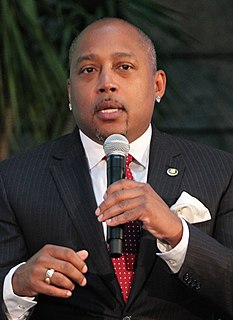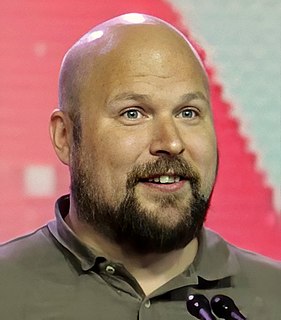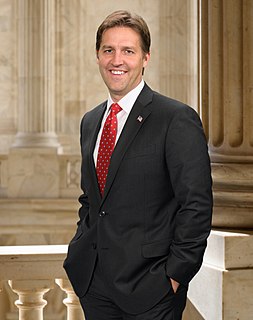A Quote by Ro Khanna
I mean, I don't think the Facebook merger with WhatsApp and Instagram should have been approved. But I'm not for reflexively breaking up tech companies.
Related Quotes
I mean look at all these acquisitions and mergers - WhatsApp and Oculus and et cetera. There's no way that you can envision these tech companies as the underdog anymore. They're always presented as though they were these little guys who you should be championing - Facebook will overthrow the cable television complex, blah blah - but it's more likely they will merge with them.
While it's true that women are the minority in most tech companies, I don't think that inhibits entry into the tech space. My motto has always been, 'Live What You Love,' and as such, I think it's incredibly important to do work you believe in and to work for a company that has values that align with your own, be it in tech or another industry.
They [the Travelers] know everything about the year that they're coming into. But you can know everything and still be tripped up by the little stuff that you didn't notice. And one character's Facebook page is made up of lies. It's an interesting comment on what's been going on the last few months. We cannot rely anymore on Facebook or Twitter or Instagram. People are making up their own truths.
People think if they voted for somebody, they should reflexively defend everything they do or say. And if you voted against somebody, you should just as reflexively oppose everything they do or say. It's not very helpful. What's more constructive for our kids is to go on a case-by-case basis, evaluating particular policies.

































